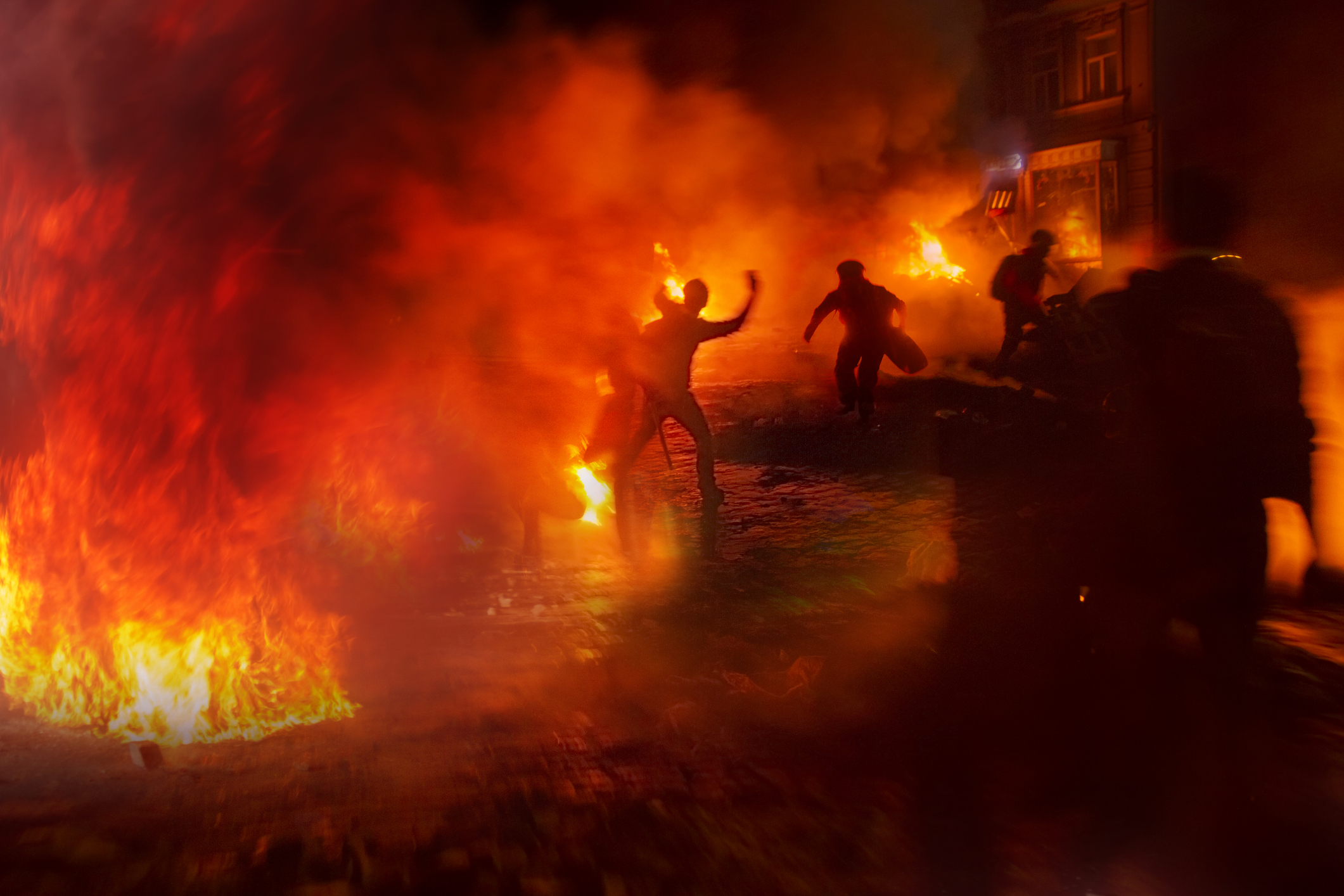by Ian Newth – head of construction & engineering and Andrew Cavan – head of major & complex loss – North, Sedgwick UK
We’re in the business of being prepared to respond to unthinkable situations. And while bad weather warnings indicate the potential for a surge event, there’s a new storm brewing that could hit anywhere, anytime and with little notice. The potentially significant global risk currently facing us all is civil unrest.
Cost of living crisis
Historically, in times of social and financial difficulty, protests, marches and strikes have often escalated into clashes with police authorities. Previous uprisings triggered by a cost-of-living crisis include the 1981 England riots, the Arab Spring of 2010 and the French Yellow Vest protests in 2018.
Also, in August 2011, what started as a peaceful protest march in London very quickly turned into a major riot. Social media is said to have played a significant part in fuelling copycat events in several other major towns and cities in the days that followed. Thousands of protesters were arrested, five people died, many were injured, and the property damage was estimated at £200 million.
Socioeconomic risks
Today in the UK, it’s widely reported that wages cannot keep pace with surging inflation, and consumers are worried about how they will cope through the winter months. Rising energy prices also impact costs in manufacturing, production and distribution of vital supplies and services. While COVID-driven supply chain issues seem to be easing, inflation is now affected by labour shortages, various strikes and other geopolitical factors.
The Consumer Price Index (CPI) increased to 10.1% in July, the highest since February 1982, while consumer confidence is reported to be at an all-time low.
We’re not alone. Verisk Maplecroft’s latest Civil Unrest Index shows that more countries experienced an increase in risks from civil unrest last quarter than at any time over the past seven years, largely driven by socioeconomic pressures which continue to rise. ‘Out of 198 countries, 101 saw an increase in risk, compared with only 42 where the risk decreased.’
Interconnected world
Our world has become increasingly interconnected, and communications around social and political discontent are easy to post and share on social media, facilitating a network of supporters, globally. Widely distributed updates and videos can also amplify events happening in other parts of the world and create a knock-on effect in areas closer to home.
While no one can possibly predict where or when civil unrest might occur, in the current global climate it seems only sensible to make sure we’re prepared for the worst. And understanding what is and isn’t covered, for policyholders, insurers and brokers, is a good place to start.
Wider considerations
In any large-scale riot, the country’s infrastructure and state-owned assets might be at risk, and uprisings can significantly impact local tourism and hospitality revenues. Clashes that become violent can also result in extensive damage to property, vehicles and business interruption losses.
For large, multinational organisations, exposure to these risks is greater. They would be well advised to review the extent of cover provided by their insurers in relation to strikes, civil commotion and riots. Specialist areas of cover for political violence might also be investigated.
Compensation
In England and Wales, under the Riot Compensation Act 2016 – and similar legislation in Scotland and Northern Ireland – insurers and policyholders can pursue claims against the local policing authority where damage to buildings, contents, stock and motor vehicles has been sustained as a result of a riot. A riot has a specific legal definition, and there are strict time limits on the claim process, so it’s critical that evidence is gathered immediately to demonstrate that a legally defined riot has occurred.
However, it’s worth noting that under this scheme compensation claims for business interruption losses are not recoverable, nor are alternative accommodation and loss of rent costs, where covered by an insurance policy.
Quick actions
As one crisis replaces another, the months ahead could be very challenging for many within our global community. But faced with the increased potential for civil unrest, we must be prepared and ready to respond quickly to every aspect of the situation if it evolves. Early actions will mitigate the extent of the damage and assist in a faster, smoother recovery for everyone.

